- Have any questions?
- 02 7200 2179
- media@commsroom.co
- Have any questions?
- 02 7200 2179
- media@commsroom.co
Social media networking is enticing since there is a space for everyone’s voice to be heard, thanks to the emergence of new platforms over the years.
With this, it should no longer come as a surprise how social media has become the norm for government organisaitons and businesses, big or small.
It is important to note, however, that the average user spends more than two hours per day on social media, visits over seven different platforms each month, and doesn’t stay on just one social networking site.
That’s why it’s crucial to for everyone to have an idea about how people use each of these platforms today.
Good thing, Khoros, a leading software company, had a thorough review of social media platform demographics, which covers what’s special about engaging audiences on Facebook, Instagram, Pinterest, Twitter, LinkedIn, YouTube, Snapchat and TikTok.
Khoros says understanding Facebook’s audience is essential for creating a successful social media strategy for your business, as it is the most popular network for users over the age of 18.
Facebook currently has 2.93 billion active montly users and 1.96 billion active daily users who use the platform for an average of 30.1 minutes a day (the same with Instagram). 54% of these users are female and the other 46% are male. 96% of them access Facebook via mobile devices while an overlapping 25% access it via laptop or desktop.
Below you can also see the age and income brackets of Facebook users, according to Khoros.
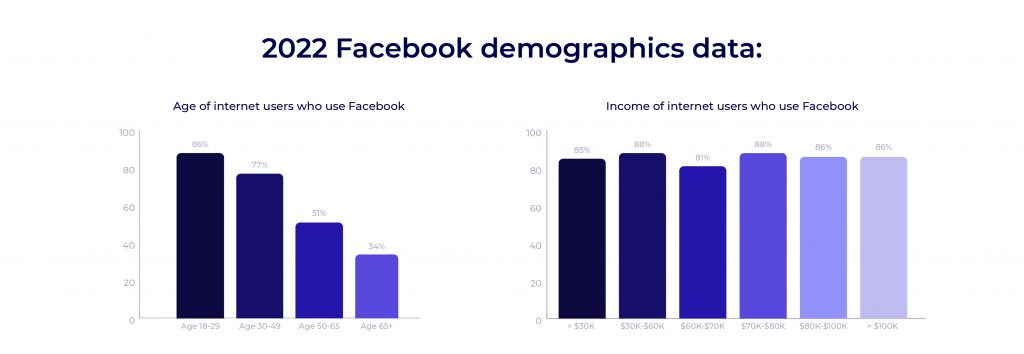
With 1.44 billion monthly users, Instagram, the photo and video sharing app owned by Meta, is continuing to expand its user base (up from 800 million in 2018).
Instagram has 500 million active daily users with 67% aged 18–29; 47%, 30–49; 23%, 50–64; and 8% are aged 65 and older. The users are on a 51%-49% of female to male ratio.
According to the guide, an estimated 71% of US businesses have Instagram accounts while 83% of users say they discover new products and services on the app.
Learn how you can advance your use of the latest social media trends in our Social Media for Gov Summit!
Pinterest is a visual search engine that started social media-based online purchasing. Compared to other networks, Pinterest users are 90% more likely to identify as “always shopping.”
According to Pinterest, more money is spent there than on any other platform because the site brings the finest aspects of in-store purchasing to the web through compelling visual links between things and creative uses for those products.
Khoros says there are many lessons that marketers can take away from the platform, but it all begins with developing a deeper understanding of its users.
Pinterest currently has 433 million monthly active users who spend an average of 14.2 minutes per day on the platform. 80% of them access the platform via mobile devices.
Khoros claims Pinterest drives 33 per cent more referral traffic to shopping sites than Facebook with 90% of pinners using the platform to make purchase decisions.
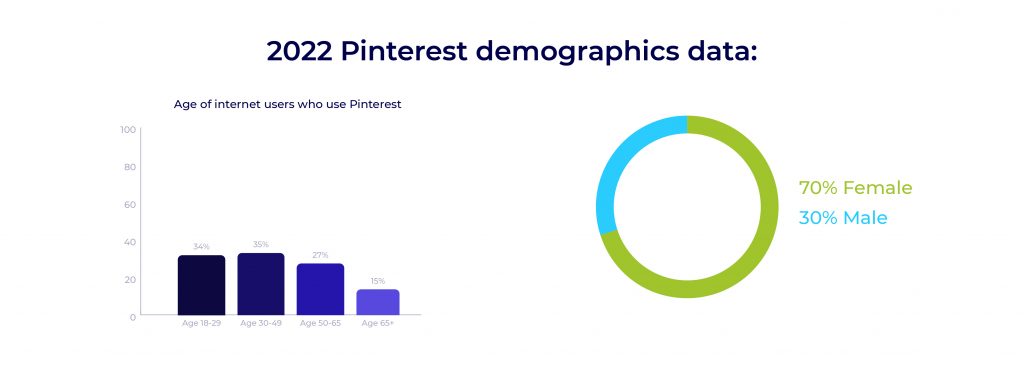
The reason Twitter is such a well-liked tool for customer care is because it enables people to voice grievances in real-time and allows customer service teams to respond swiftly.
The bird app’ 238 million monetizable daily active users, who are 72.7% male, are 38% aged 18-29; 26%, 30–49; 17%, 50–64; and 7% aged 65 and older.
Twenty-three per cent of households that use Twitter have an annual income of less than $30,000, 36%, $30k–$74,999 and 41% are above the $75,000 bracket.
According to the data, 82% of B2B businesses use the platform while 77% of Twitter users perceive brands better when they respond to a tweet. Ad engagement also increased on Twitter by 32% in 2022.
Will Elon’s overhaul improve these numbers? We’ll soon see.
The leading social media platform for B2B social media marketing is LinkedIn, a website for professional networking. Majority of LinkedIn members are between the ages of 30-49, reflecting a slightly older demographic skew.
On average, LinkedIn’s 29.97 million daily active users, who are spend 7.5 minutes per day on the platform with 57% of LinkedIn traffic recorded through mobile devices.
Twenty-seven per cent of LinkedIn users belong to the annual bracket income of less than $30,000; 3.8%, $30k–$60,000; 40%, $60k–$70k; 49%, $70k–$80k; 50%, $80k–$100k and 60% with an annual income above $100,000.
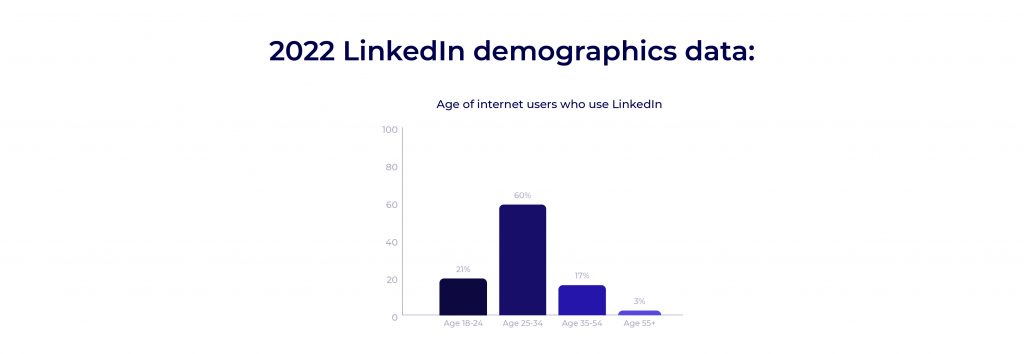
YouTube, which has 2.6 billion monthly active viewers, provides a wealth of chances for businesses to exchange and promote information.
Based on the Khoros data, over 70% of YouTube views are on mobile devices with its users spending 45.6 minutes per day on the platform.
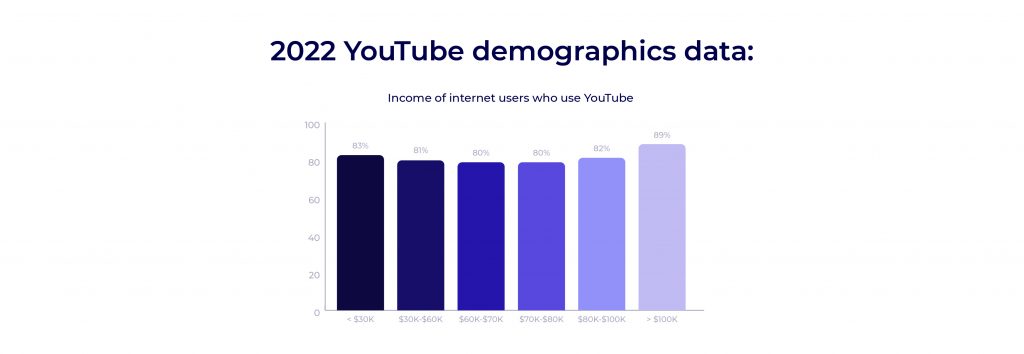
Snapchat has gained popularity among teenagers and young adults with 87 of its users under 35, making it an excellent platform for marketers to connect with Generation Z.
Altough compared to other generations, Gen Z spends less time on Snapchat viewing content but has stronger advertisement recall, according to Khoros.
Snapchat users spend 30.4 minutes per day on the platform on average, the second highest among all platforms.
Khoros says 59% of Gen Z were able to recall an advertisement after watching it for no more than two seconds on Snap.
You may also want to read: Social media companies remain least trusted institution (commsroom.co)
Due to its recent rapid growth, TikTok has established itself as a major player in the social media industry.
With approximately 70% of users under the age of 24, TikTok’s user base is dominated by younger viewers, much like Snapchat.
Khoros says it’s a fantastic tool for businesses as well, with 44% of TikTok users reporting that they find products through brand-posted videos and 37% of users buying new items right away after discovering them.
Moreover, TikTok users are 2.4x more likely to post something and mention a brand after making a purchase. They’re also 1.5x more likely to persuade a friend or relative to purchase a product after seeing it on the app.
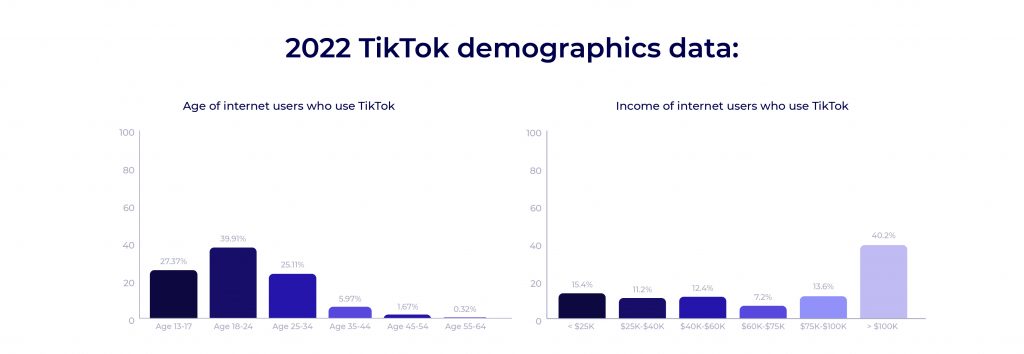
There is probably no clear-cut way to state that your company shouldn’t try out this or that platform because so much depends on each business’s unique approach and strategy.
These guidelines are essentially mean nothing if you can identify your target audience there and it fits with your marketing strategy, but of course, it’s always nice to have something to start with for basis.
Reference: Khoros
Jaw de Guzman is the content producer for Comms Room, a knowledge platform and website aimed at assisting the communications industry and its professionals.